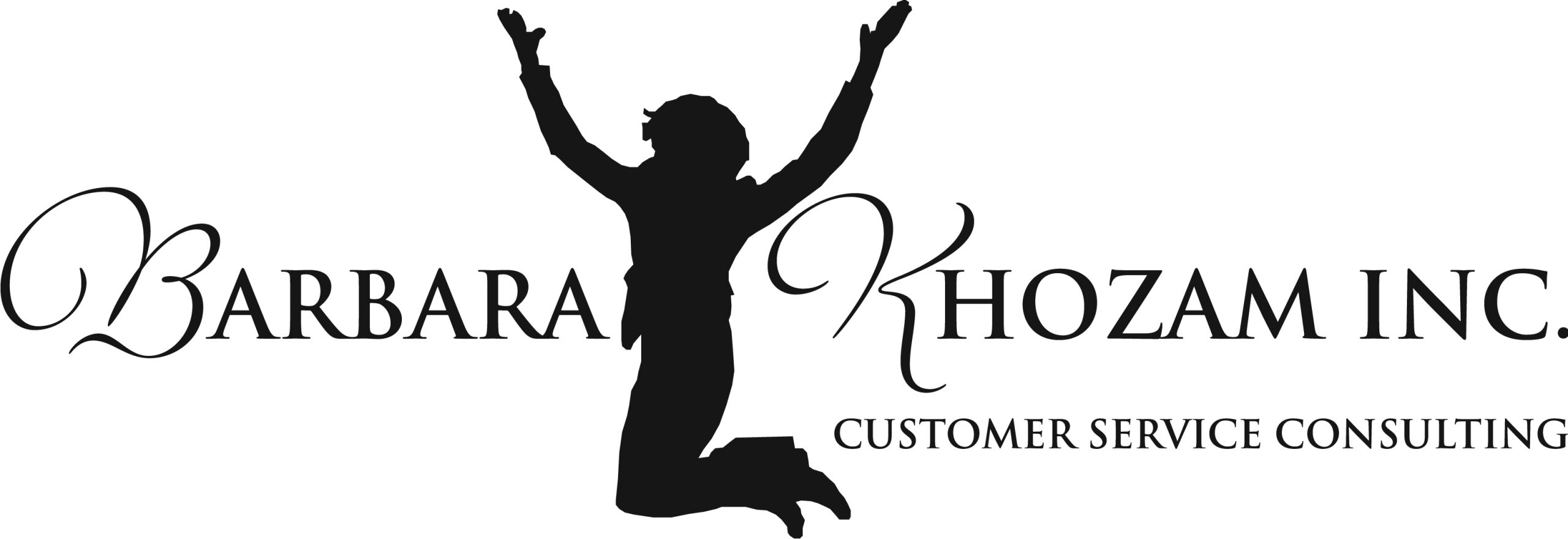In last week’s post, we covered the essentials for effective recognition of others.
In this week’s post, we’ll discuss some of the most common objections for giving employee recognition. (This information was gleaned from the book The Carrot Principle by Arian Gostick and Chester Elton.)
Objection #1: “If I recognize some people, others will become jealous?” or “I don’t want to play favorites.”
Strategy to Turn it Around: You can avoid this negative attitude toward recognition by practicing it frequently and aligning it with your company’s core values. Of course, if you’ve never recognized anyone in the past, and you start doing it right out of the blue, your team members will be skeptical about your motives. However, over time — and if you remain consistent — your staff will come to appreciate, accept, and look forward to even the smallest act of recognition.
Objection #2: “Why do I have to recognize people when they’re just doing their jobs?”
Strategy to Turn it Around:: Always remember the universal human need to matter. The authors of The Carrot Principle state that “recognition gives employees the extra push to do their jobs just a little bit better.” So, when you recognize team members, specifically for behaving in an extraordinary way within their daily job, they become an example to other employees and are encouraged to continue with their great performance.
Objection #3: “I don’t have time to recognize anyone.”
Strategy to Turn it Around:: You don’t have time NOT to recognize others. Recognition leads to a more engaged staff and higher productivity. According to research revealed in The Carrot Principle, effective managers spend between 1 and 2 hours per week on recognition-related tasks.
Objection #4: “If someone is a non-performer in one area, I don’t want to recognize him in another area.”
Strategy to Turn it Around: Why not? If someone is doing a great job, they must be recognized for it. Of course, the compliment must be kept separate from the negative feedback. Remember: behavior that is rewarded is repeated. So don’t use the reward of some as the punishment for others.
Objection #5: “If I recognize good behavior frequently, people will expect more recognition in the future.”
Strategy to Turn it Around: True. When employees are recognized, they are engaged. When they are engaged, they are more productive and deliver better service. Why wouldn’t we want to keep up with these benefits?
Remember: Everyone wants to matter. And Recognition is the best way to show people that they indeed do matter. Just make sure your recognition is frequent, specific, timely, and public. These variables enable people to feel valued, and they are more likely to be engaged and productive. Pretty good reasons, wouldn’t you agree?
What objections have you encountered when trying to recognize others, and how have you resolved them? Please share your stories in the comments section below. I look forward to engaging with you and your comments.
